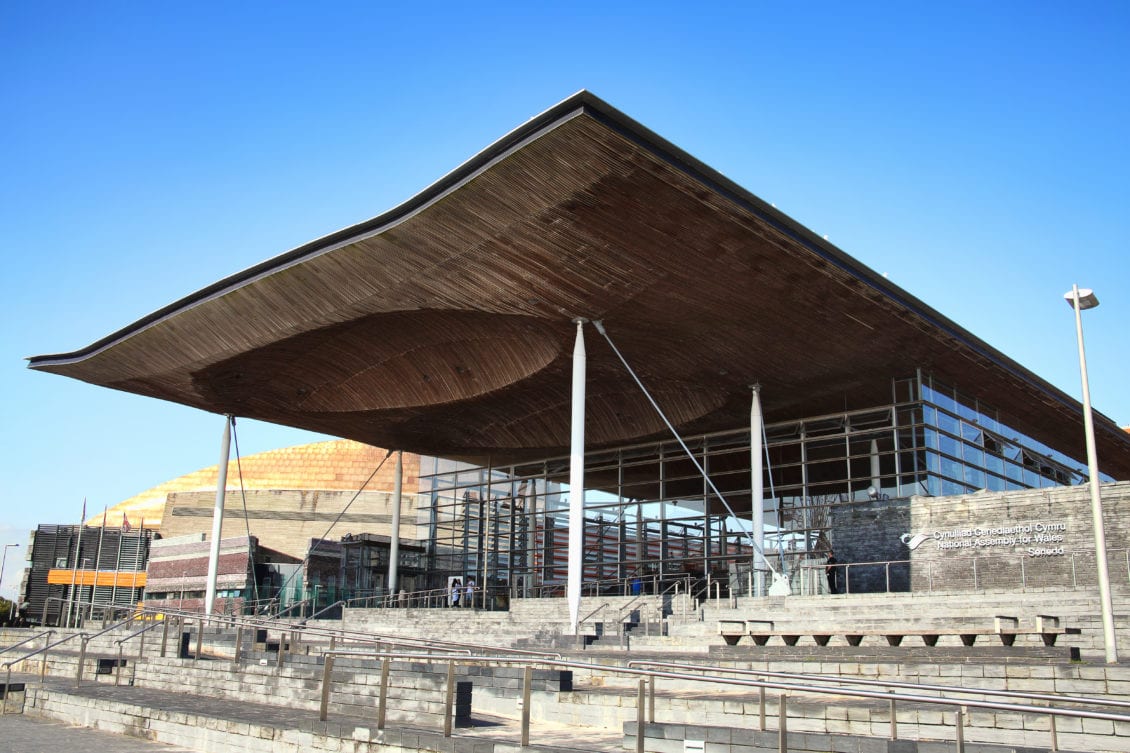The Welsh Government has this week published its three-year budget to strengthen public services, tackle the climate and nature emergencies, and improve educational opportunities.
The final budget was published on St David’s Day and comes ahead of a vote in the Senedd next week.
Nearly £2bn of targeted green investment will strengthen Wales’ response to the climate and nature emergencies.
The Welsh NHS will receive £1.3bn in direct funding, helping its recovery from the pandemic and its ability to provide effective services in the long-term.
Almost £0.75bn extra is being invested in local authorities. This funding will strengthen social care, and support schools and the other vital services provided in local communities by local councils.
The quality of school buildings will be improved through £900m of capital funding, while an additional £320m will continue the long-term programme of learning and education reform.
For the first time, the budget includes a series of funding commitments to reflect the three-year Co-operation Agreement between the Welsh Government and Plaid Cymru.
The publication of the final budget follows scrutiny of the draft budget, which was published in December. Ministers will be responding to the wide range of recommendations made by Senedd Committees.
Rebecca Evans, Minister for Finance and Local Government said:
“This budget will help Wales tackle the climate and nature emergencies while strengthening the NHS, social care, local government, the education system and a range of vital services. It is a budget for a stronger, fairer, greener Wales and one I am proud to publish.
“A three-year budget helps to puts public services on a longer-term footing, helping us recover and rebuild from the pandemic.
“Between the draft budget and the final budget we committed an extra £330m in a support package covering 2021-22 and 2022-23 to help people deal with the cost-of-living crisis.
“The UK Government’s upcoming Spring Statement is an opportunity for it to deliver meaningful support of its own to help people pay bills and put food on the table.”
Funding has been allocated to deliver the policy commitments contained within the Co-operation Agreement.”
This includes an additional £200m over the next three years to deliver the commitment to extend free school meals to all primary school pupils in Wales.
Lead Designated Member Siân Gwenllïan MS added:
“As a package, this is a budget that shows how working together can make a real difference to the lives of people and communities in every part of the country. There are a series of investments that address social inequalities, tackle climate change, and build back from the pandemic as we face the major challenges of the future together.
“I’m delighted that at the heart of this final budget, there is an investment worth hundreds of millions of pounds in free school meals for every primary school pupil. Ensuring that no child goes hungry is one of our top priorities, especially as more and more families struggle with the rising costs of living. It is a tangible and practical demonstration of our commitment to help the most vulnerable in our society; putting our principles into action through this national budget.”
A further £60m will be spent to meet the commitment to expand free childcare to all two-year-olds, with a particular focus on providing and strengthening Welsh-medium provision.
An additional £48m revenue and total investment of £102m capital will help improve flood management and mitigation measures and the budget allocates a further £14m in revenue to support improvements to Coleg Cymraeg Cenedlaethol and the National Centre for Learning Welsh. The culture and broadcasting sector will receive an extra £27m of financial support, and £11m has been allocated for the second phase of Arfor.








Leave a Reply
View Comments